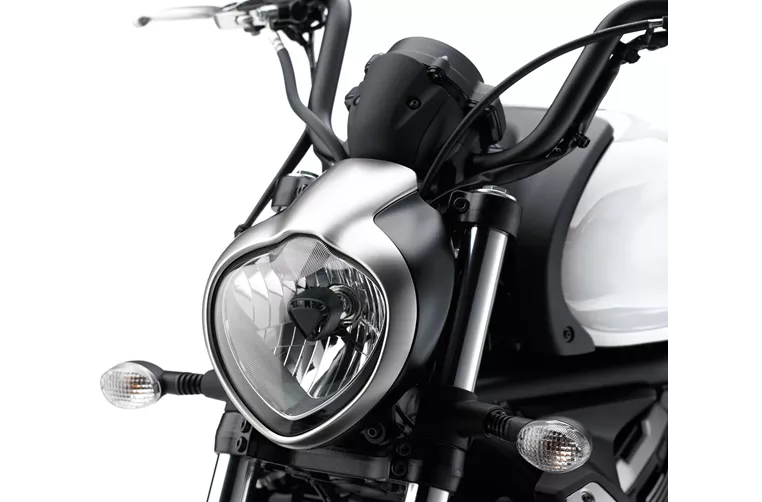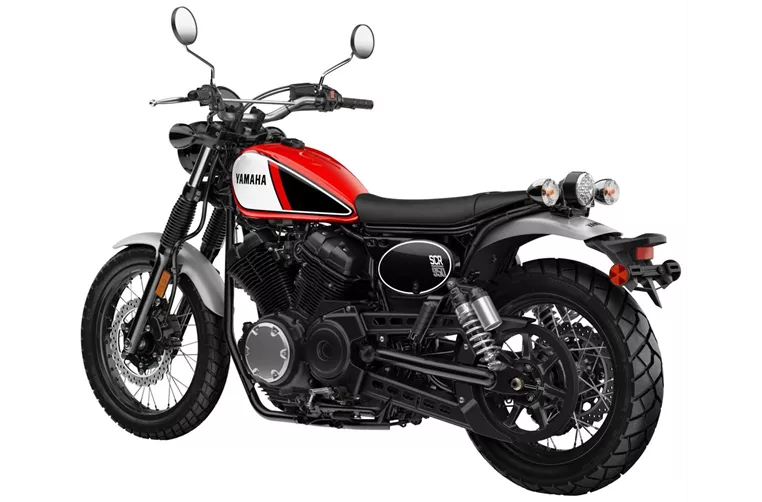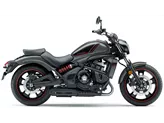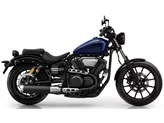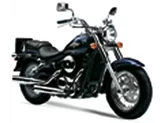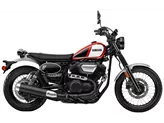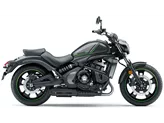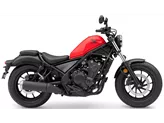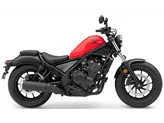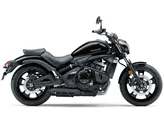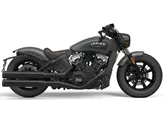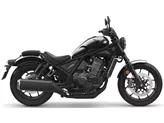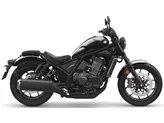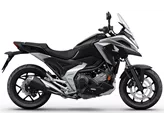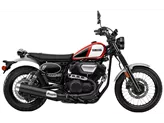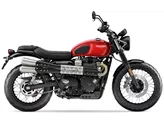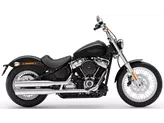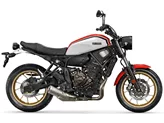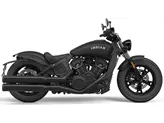Kawasaki Vulcan S 2015 vs. Yamaha SCR950 2020
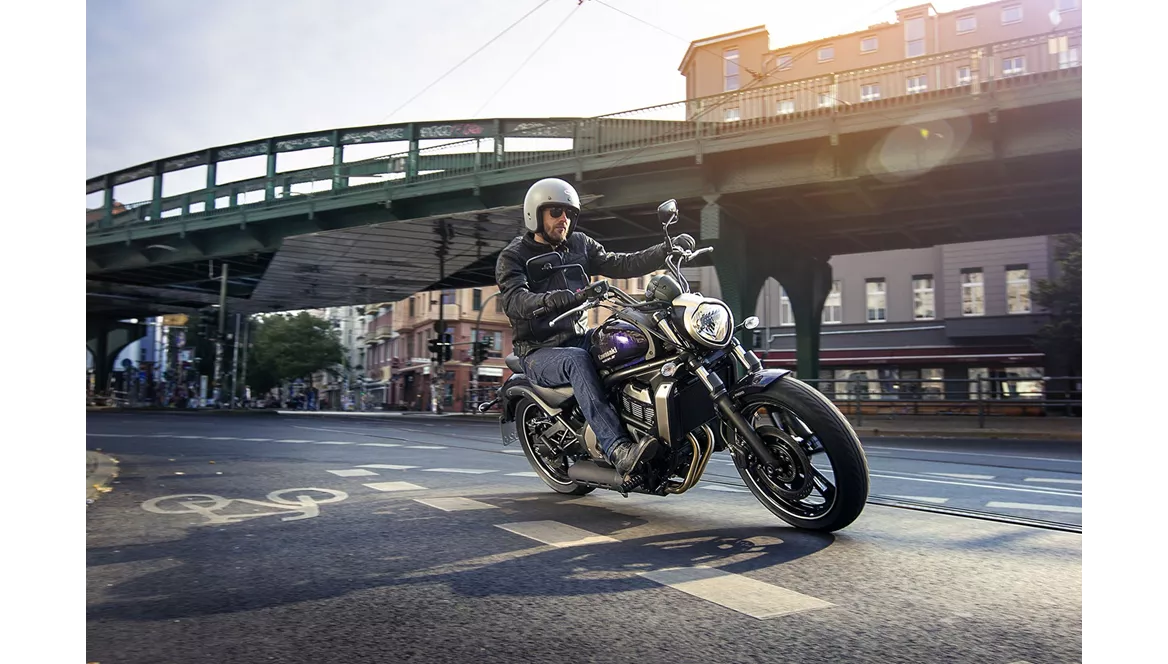
Kawasaki Vulcan S 2015
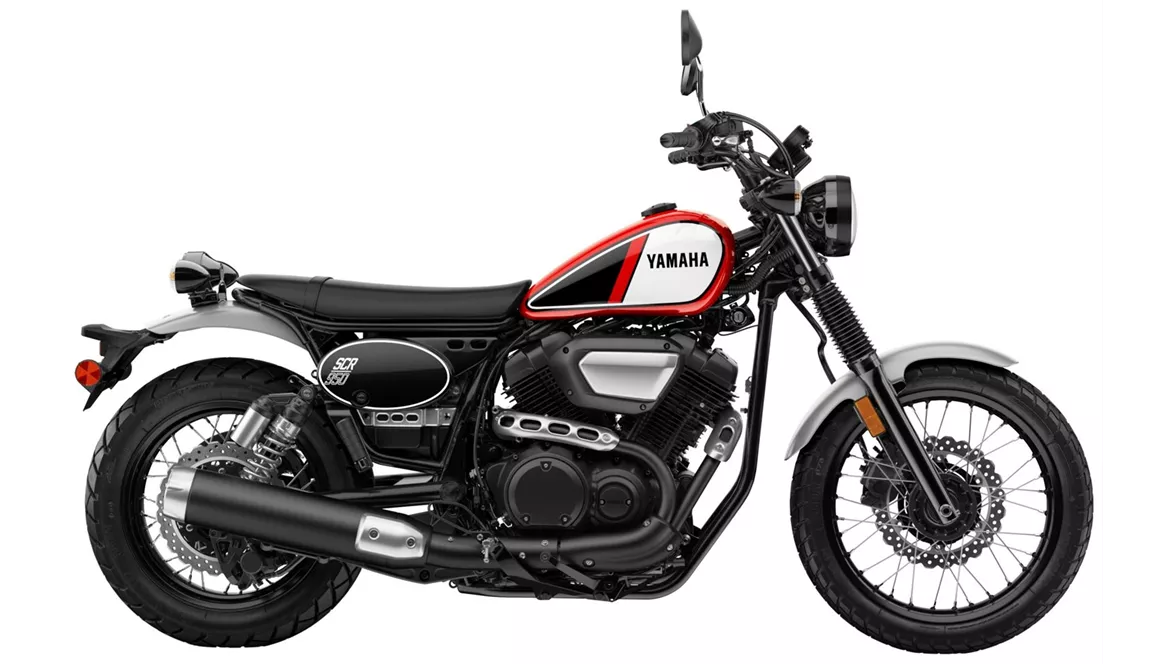
Yamaha SCR950 2020
Technical Specifications Kawasaki Vulcan S 2015 compared to Yamaha SCR950 2020
Pros and Cons in comparison
Pros and Cons in comparison
Kawasaki Vulcan S 2015
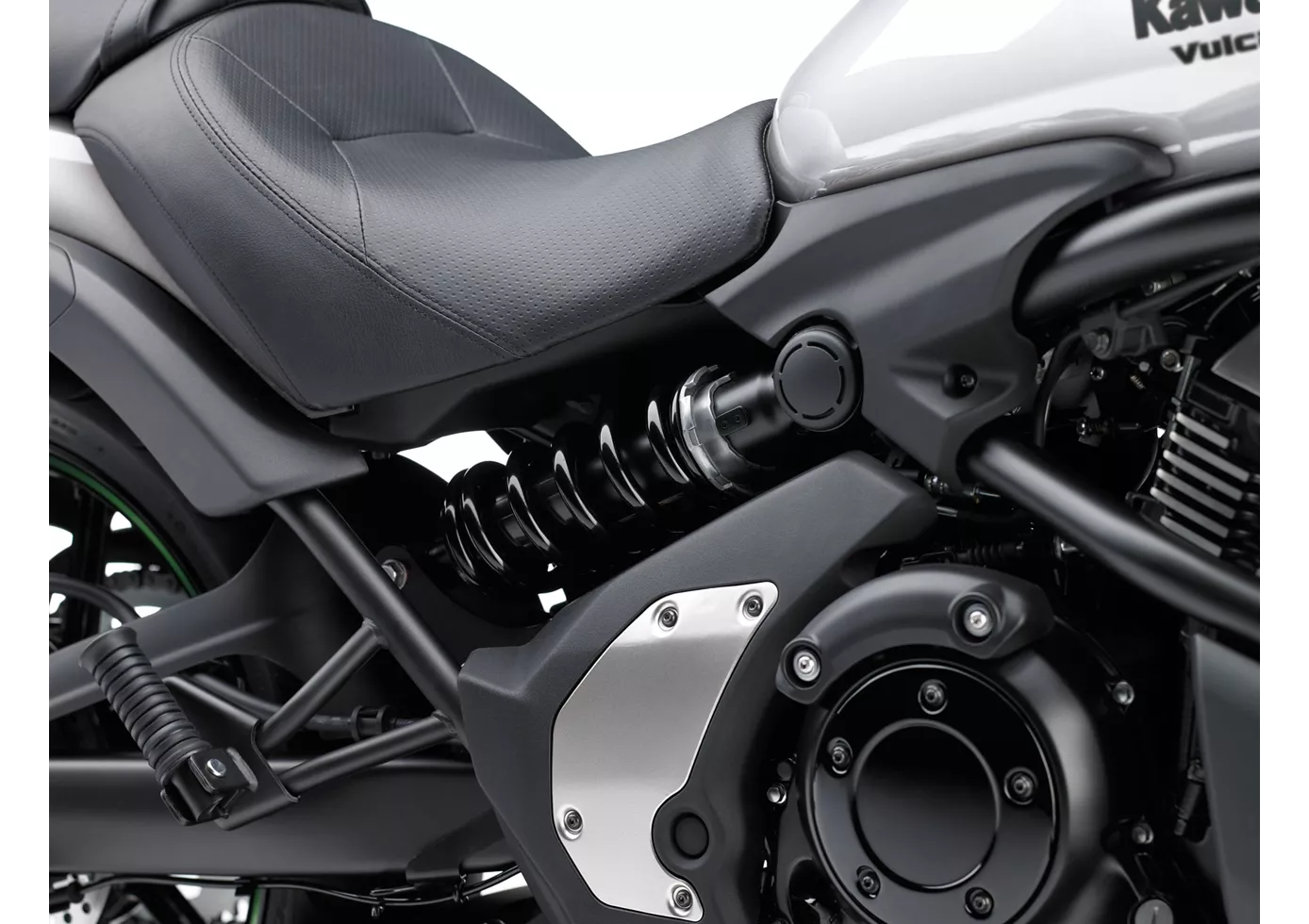
The Vulcan S is reinvigorating the "small" mid-size cruiser scene - not only because of its unique design, but also because it is so easy to ride and is aimed at beginners. The low seat height and the narrow saddle help the rider to stand securely on the ground, while the low centre of gravity also makes for easy and safe handling. The engine also fits in well with the uncomplicated appearance, can be revved up decently from 2000 rpm and only stops at around 10,000 rpm - something that has never been seen before in a cruiser. The "Ergo-Fit" system, which varies the seat height, the rider's distance from the handlebars and the footrests, costs extra but also allows the Vulcan S owner generous customisation options.
Yamaha SCR950 2020

Unfortunately, our editors did not test this model.
